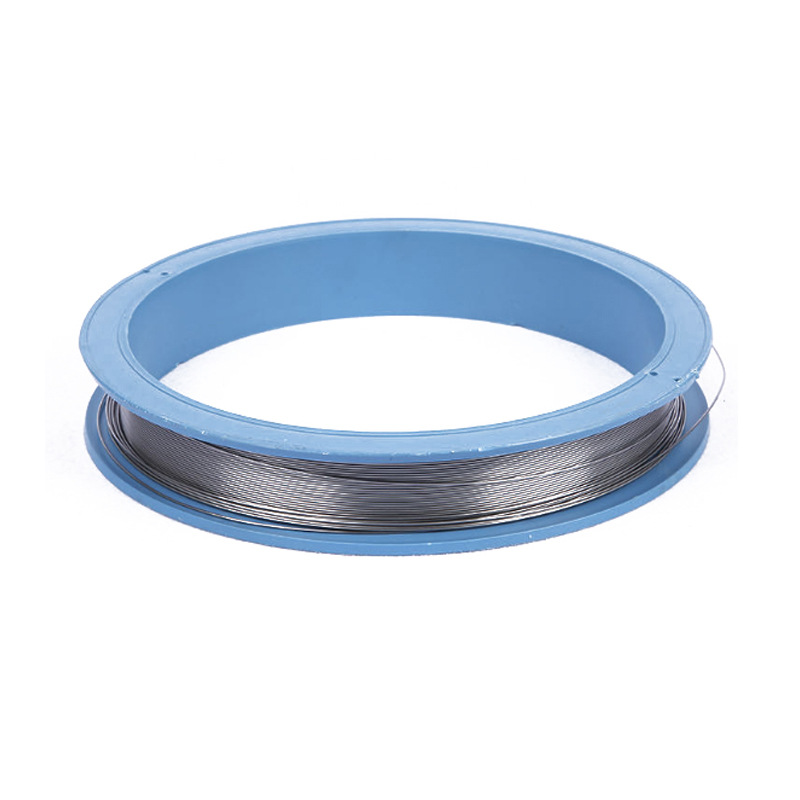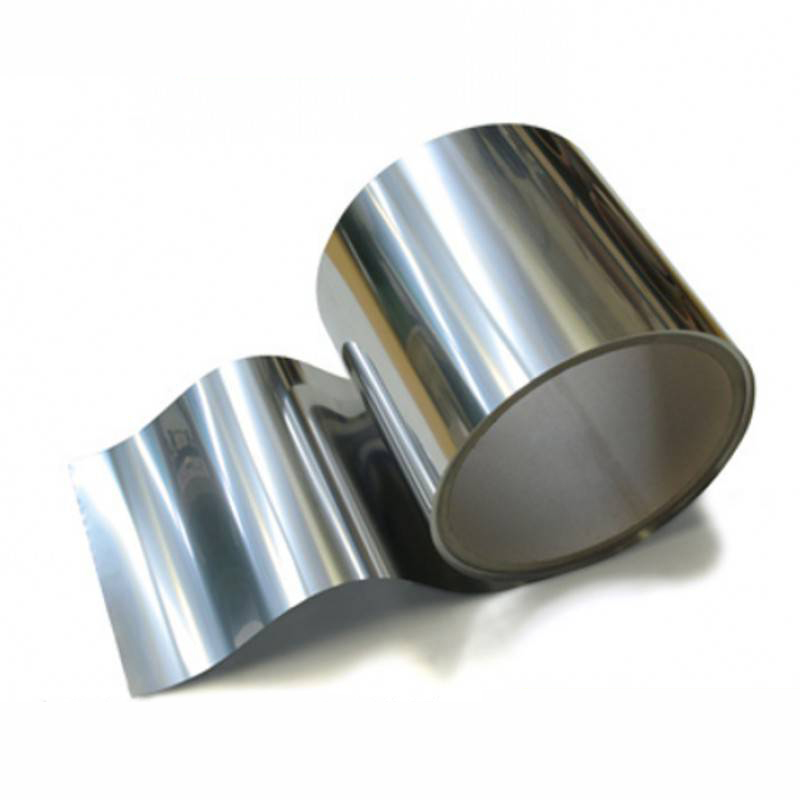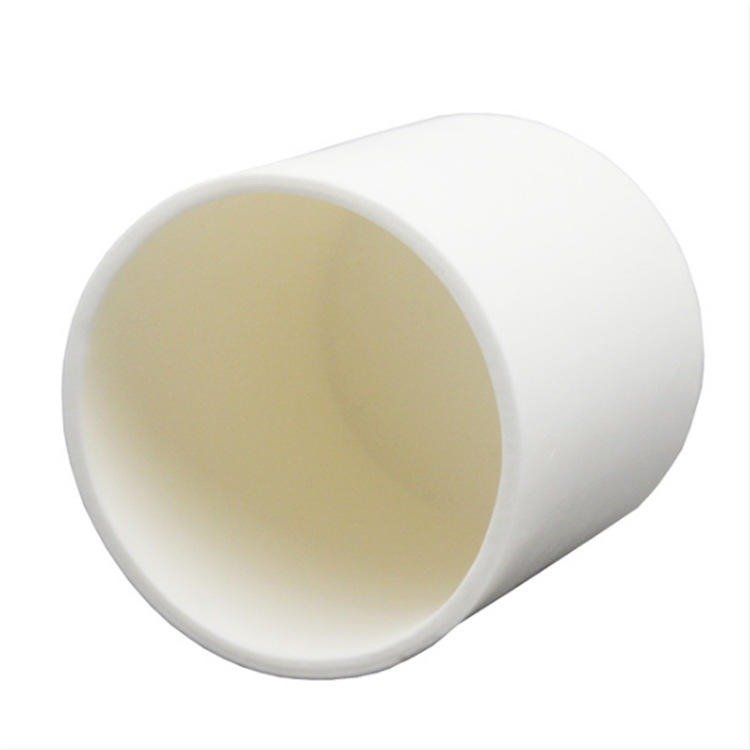Showing 49–51 of 51 results
-

- Efficient Corrosion Protection: Widely used for anti-corrosion coatings, zinc wire prolongs the lifespan of steel and other metals in harsh environments.
- Ease of Application: Zinc wire is easily applied using thermal spray techniques or galvanizing, offering uniform and durable coatings.
- Cost-Effectiveness: Zinc wire provides a cost-effective solution for protecting structures and components compared to other anti-corrosion methods.
- Customizability: Available in various diameters and purity levels, zinc wire can be tailored to meet specific industrial needs.
- Eco-Friendly: Zinc coatings are recyclable and environmentally safe, adhering to sustainable manufacturing practices.
- Excellent Bonding Properties: Zinc wire adheres well to a variety of substrates, ensuring long-lasting and reliable coatings.
-

- High Melting Point: Zirconium foil has a melting point of approximately 1855°C, making it ideal for high-temperature applications.
- Corrosion Resistance: Exceptional resistance to corrosion, particularly in acids, alkalis, and saltwater environments, making it highly durable in harsh conditions.
- Low Neutron Absorption: Ideal for use in nuclear reactors as it exhibits low neutron absorption, contributing to its application in nuclear fuel cladding.
- Thermal Stability: Maintains structural integrity even under extreme temperature conditions, making it suitable for use in high-heat environments.
- Malleability: The material is highly malleable, allowing it to be formed into thin sheets, foils, and complex shapes without compromising its performance.
- Lightweight and Strong: Zirconium foil offers a balance of low density and high strength, making it suitable for applications where both strength and lightness are required.
- Biocompatibility: Non-toxic and biocompatible, making it suitable for use in medical and pharmaceutical applications.
-

- High-Temperature Resistance: Zirconia crucibles can withstand temperatures up to 3000°C, making them suitable for applications involving molten metals, ceramics, and other high-temperature processes.
- Exceptional Thermal Stability: With a low thermal expansion coefficient, zirconia maintains structural integrity under rapid temperature fluctuations, making it ideal for high-temperature melting and casting.
- Chemical Inertness: Zirconia crucibles are highly resistant to chemical attack, including resistance to strong acids and molten metals, ensuring minimal contamination of materials and extended service life.
- Mechanical Strength: Zirconia exhibits excellent mechanical properties, including high hardness and resistance to cracking, ensuring the crucible’s durability in demanding applications.
- High Density: Zirconia has a high density, which helps improve its thermal conductivity and resistance to deformation under high pressures and temperatures.
- Electrical Insulation: Zirconia crucibles possess excellent electrical insulation properties, which can be crucial in applications where electrical conductivity must be minimized.



